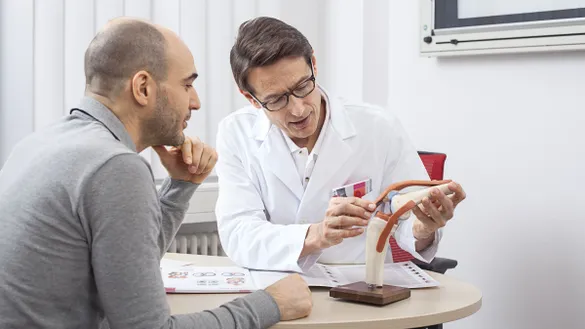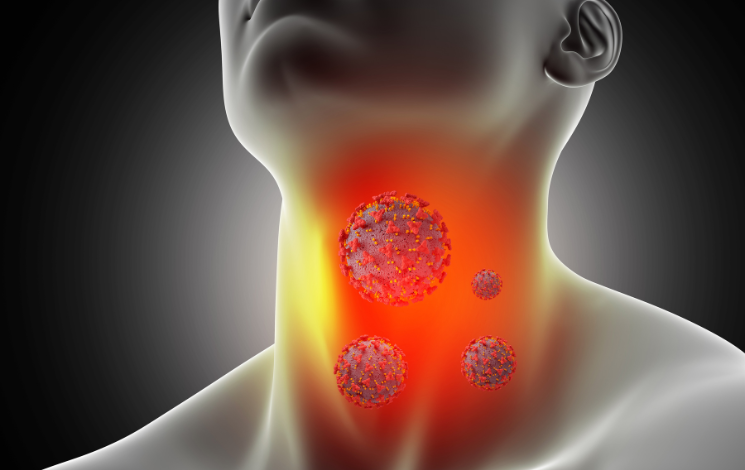How do Head & Neck cancer form?
Alcohol and tobacco are major risk factors for cancers of the head and neck. All tobacco products, including cigarettes, cigars, pipes, and smokeless tobacco (chewing tobacco, snuff, or a type of chewing tobacco called betel quid) are linked to head and neck cancer
Who is most likely to get neck cancer?
Alcohol and tobacco are major risk factors for cancers of the head and neck. All tobacco products, including cigarettes, cigars, pipes, and smokeless tobacco (chewing tobacco, snuff, or a type of chewing tobacco called betel quid) are linked to head and neck cancer
Causes
- Using tobacco
- Drinking too much alcohol
- Having a weak immune system
- Exposure to substances on the job
- Diet
- Genes
Symptoms
- A Mouth Ulcer
- Pain or Weakness in the Face
- Neck Pain
- Difficulty Moving the Jaw
- Difficulty Swallowing
- Speech Problems
- Ear Pain or Hearing Loss
- Trouble Breathing
- Sore Throat
- White or Red Patches in the Mouth or Throat
- Weight Loss
Diagnosis
Step 1: Place your hands on the back of each side of your jaw under your ears. Open and close your jaw while feeling for any bumps. Step 2: With your hands in the same position work your way down your neck. Step 3: Turn your head to the right and feel your left side-neck muscles.

Doctors

Laparoscopic , GI & Colorectal
Dr. Ankur Patel

Onco Surgeon
Dr. Manish Sadhwani
Treatment
new treatment options for patients, especially those with HPV-related cancers, and without the potentially devastating side effects of conventional treatments.


